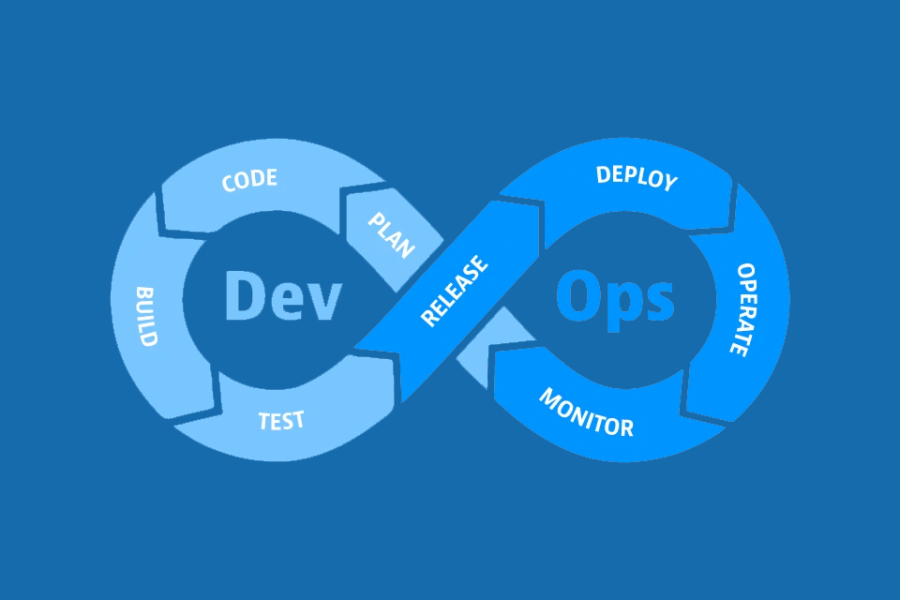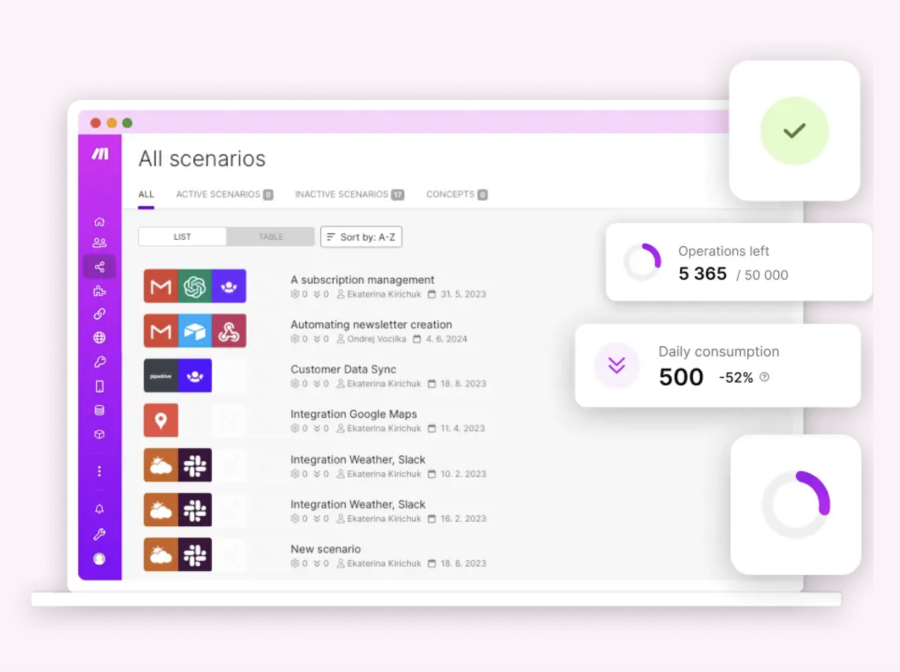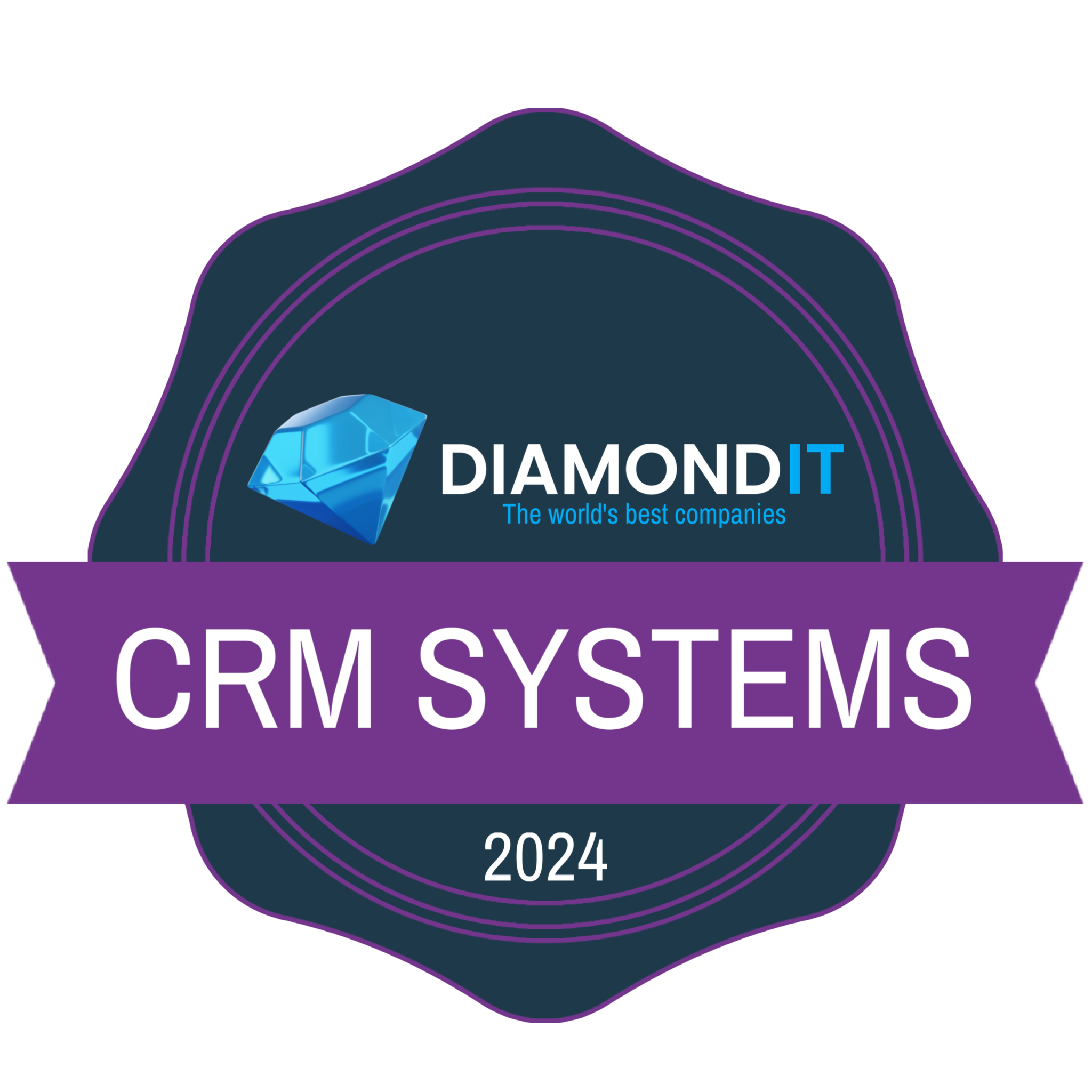DevOps in 2025: Best Practices, Tools, and Future Trends
Introduction
The DevOps approach has revolutionized software development and IT operations, enabling faster deployments, improved collaboration, and greater efficiency. As businesses continue to demand speed, scalability, and reliability, DevOps practices evolve to meet these needs.
In this article, we’ll explore:
✅ Core principles of DevOps
✅ Best practices for DevOps implementation
✅ Top tools used in modern DevOps workflows
✅ Future trends shaping DevOps in 2025 and beyond
What is DevOps?
DevOps is a set of practices, tools, and a cultural philosophy that bridges the gap between software development (Dev) and IT operations (Ops). Its primary goal is to automate and streamline the software delivery lifecycle (SDLC), ensuring faster and more reliable releases.
🔹 Key DevOps Goals:
✔ Continuous Integration and Continuous Deployment (CI/CD)
✔ Automation of infrastructure and deployment
✔ Monitoring, observability, and security
✔ Collaboration between development and operations teams
DevOps follows an iterative approach, enabling businesses to release updates frequently, fix bugs faster, and improve software reliability.
Best Practices for DevOps in 2025
1. Implement CI/CD for Faster Deployments
Continuous Integration (CI) and Continuous Deployment (CD) ensure that code is automatically tested, integrated, and deployed to production without manual intervention.
🔹 Popular CI/CD Tools:
- Jenkins
- GitHub Actions
- GitLab CI/CD
- CircleCI
- Azure DevOps
2. Infrastructure as Code (IaC) for Automation
Infrastructure as Code (IaC) automates provisioning and managing infrastructure through code. This eliminates manual configuration errors and makes infrastructure scalable.
🔹 Best IaC Tools:
- Terraform
- Ansible
- AWS CloudFormation
- Pulumi
3. Containerization & Kubernetes for Scalability
Containers provide a lightweight and portable way to package applications, while Kubernetes manages container orchestration, ensuring high availability and scalability.
🔹 Popular Containerization Tools:
- Docker – Simplifies application packaging
- Kubernetes – Manages and scales containerized applications
- Helm – Automates Kubernetes deployments
4. Observability & Monitoring for Performance Optimization
Modern DevOps teams rely on observability tools to track application performance, detect issues, and improve system reliability.
🔹 Best Monitoring & Observability Tools:
- Prometheus & Grafana
- Datadog
- New Relic
- ELK Stack (Elasticsearch, Logstash, Kibana)
5. DevSecOps: Security in DevOps Pipelines
DevSecOps integrates security into the DevOps lifecycle, ensuring that security checks are automated from the start.
🔹 Key DevSecOps Practices:
✔ Automated security scanning in CI/CD
✔ Compliance as code (e.g., using Open Policy Agent)
✔ Secrets management (e.g., Vault, AWS Secrets Manager)
Top DevOps Tools in 2025
| Category | Tool |
|---|---|
| CI/CD | Jenkins, GitHub Actions, GitLab CI/CD |
| IaC | Terraform, Ansible, CloudFormation |
| Containers | Docker, Kubernetes, Helm |
| Monitoring | Prometheus, Grafana, Datadog |
| Security | Vault, Trivy, SonarQube |
Future Trends in DevOps
🚀 1. AI & Machine Learning in DevOps
AI-powered analytics are being used for predictive monitoring, automated incident response, and anomaly detection in DevOps workflows.
☁ 2. Multi-Cloud & Hybrid Cloud Strategies
Enterprises are adopting multi-cloud (AWS, Azure, Google Cloud) and hybrid-cloud strategies to improve availability and reduce vendor lock-in.
🔐 3. Zero Trust Security
Security models like Zero Trust Architecture (ZTA) ensure that only authenticated users and services can access critical infrastructure.
📦 4. GitOps for Infrastructure Management
GitOps automates infrastructure management using Git repositories as a single source of truth, improving consistency and collaboration.
🔗 5. Serverless & Edge Computing
Developers are leveraging serverless platforms (AWS Lambda, Google Cloud Functions) and edge computing for ultra-low-latency applications.
Conclusion
DevOps continues to evolve, helping companies accelerate software delivery, improve reliability, and enhance security. By adopting best practices, the right tools, and embracing future trends, teams can build robust, scalable, and secure applications.
💡 What DevOps tools and practices do you use in 2025? Let us know in the comments! 🚀















